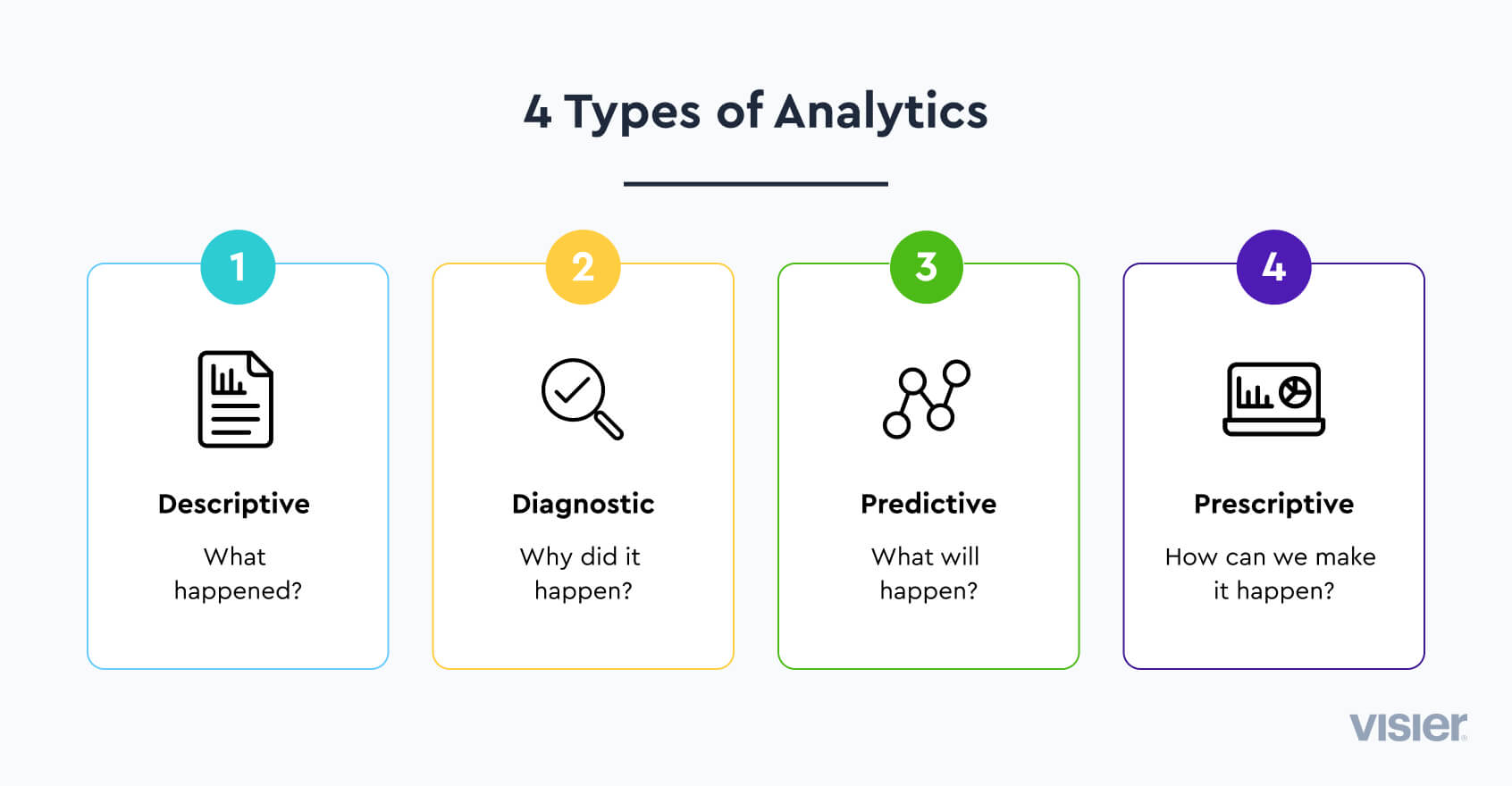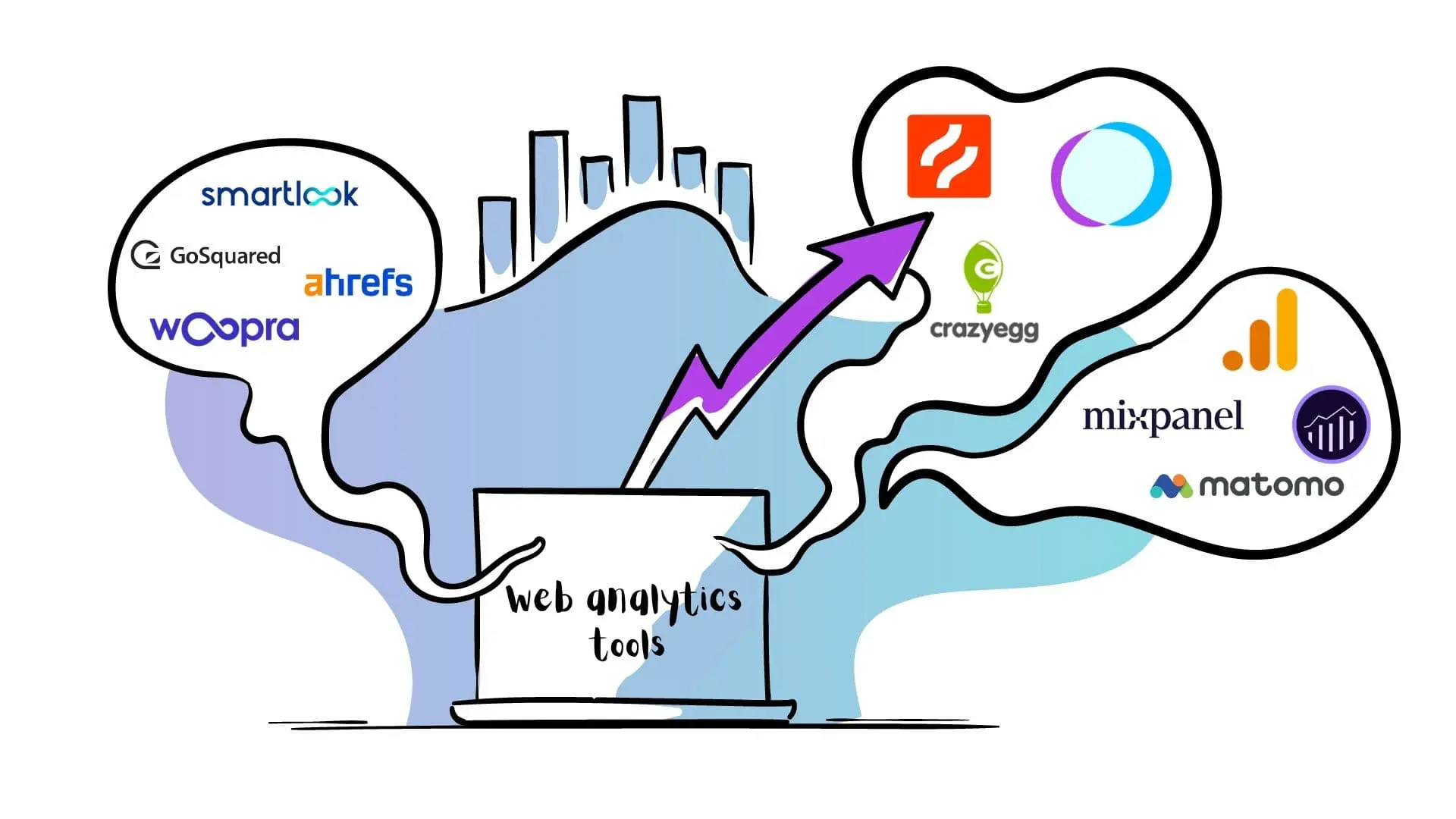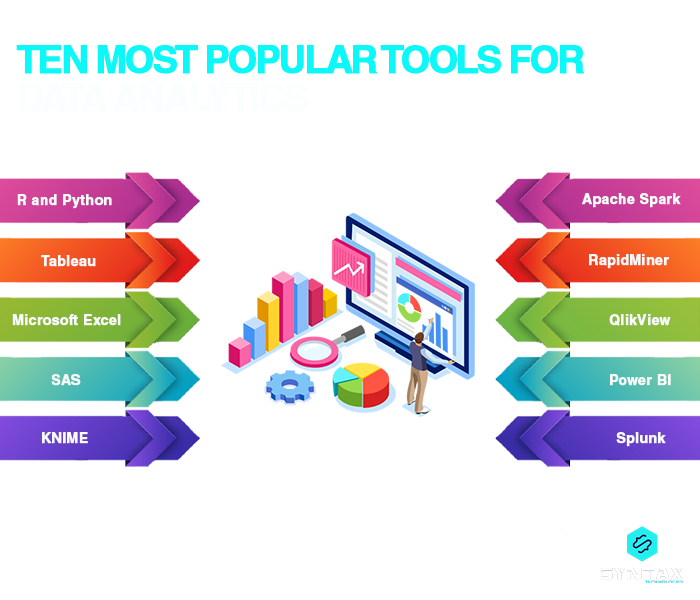Boost Decision-Making Power With Reliable Analytics Devices
Boost Decision-Making Power With Reliable Analytics Devices
Blog Article
Increase Performance and Productivity With Data Analytics
In today's data-driven landscape, services are increasingly identifying the critical role of information analytics in improving functional performance and earnings. By methodically analyzing information, companies can discover crucial insights that inform critical decisions, improve procedures, and tailor client experiences (Analytics). Nonetheless, the challenge lies not only in the implementation of these logical tools however likewise in understanding how to equate data right into workable results. As we check out the subtleties of effective data-driven methods, the ramifications for both temporary gains and long-lasting success become significantly clear. What might these understandings disclose for your organization?
Understanding Information Analytics
In today's data-driven landscape, recognizing data analytics is necessary for organizations intending to boost operational performance and drive success. Information analytics entails the methodical computational analysis of information collections to uncover patterns, correlations, and understandings that notify decision-making. By utilizing different strategies, such as analytical analysis, device knowing, and anticipating modeling, companies can transform raw information into workable knowledge.
The process typically begins with information collection, where relevant details is gathered from several resources, including transactional data sources, consumer interactions, and market patterns. This information is then cleaned and organized to guarantee accuracy and consistency. Once the data is prepared, analytical devices and software program are used to picture the information and discover, making it possible for stakeholders to determine abnormalities and trends.
Inevitably, comprehending data analytics encourages companies to make enlightened decisions based upon empirical proof rather than instinct. It assists in targeted approaches that can enhance source allotment, enhance client complete satisfaction, and boost total performance. As organizations progressively acknowledge the worth of data-driven understandings, a strong understanding of information analytics becomes an important expertise for leaders and groups alike, positioning them for continual success in an affordable environment.

Secret Benefits for Companies
Businesses that utilize information analytics can open a plethora of benefits that considerably improve their operations and profitability. Among the key benefits is enhanced decision-making. Information analytics gives actionable understandings stemmed from real-time information, permitting companies to make enlightened options that align with market demands and consumer choices.

In addition, information analytics promotes boosted customer experiences. By understanding customer behaviors and choices, services can customize their offerings, resulting in enhanced fulfillment and commitment. This tailored technique frequently results in higher conversion rates and repeat service.
Furthermore, information analytics enables organizations to recognize arising trends and chances. By remaining in advance of the curve, companies can take advantage of brand-new markets and advancements prior to their competitors.
Executing Data-Driven Approaches
Successful execution of data-driven techniques needs an extensive understanding of both organizational objectives and offered data sources. Organizations should first specify their goals clearly, making certain positioning between information campaigns and strategic purposes. This quality enables teams to concentrate on relevant metrics and understandings that drive decision-making.
Next, businesses must examine their existing information infrastructure. This involves examining data quality, access, and combination capabilities. Top quality data is crucial for accurate evaluation, as inadequate data can bring about misguided strategies and lost resources. Organizations must establish procedures for data collection, cleaning, and monitoring to maintain data integrity.
Furthermore, cultivating a data-driven culture is vital. Staff members whatsoever degrees need to be encouraged to take advantage of information in their day-to-day operations. Training programs and workshops can improve information proficiency, encouraging team to make educated decisions based upon logical insights.
Devices and Technologies Introduction
A robust suite of modern technologies and devices is vital for companies aiming to harness the complete possibility of information analytics. These devices promote the collection, handling, and visualization of information, allowing organizations to obtain workable insights.
At the foundational level, information administration platforms such as SQL data sources and NoSQL systems supply reliable data go to my site storage and access capacities. For information processing and evaluation, programs languages like Python and R, in addition to frameworks such as Apache Glow, enable complicated computations and artificial intelligence applications.
Visualization tools, consisting of Tableau and Power BI, change raw data into intuitive visual styles, making insights accessible to stakeholders at all degrees. Additionally, cloud-based systems like Google Cloud and AWS use scalable storage space and processing solutions, fitting the growing volumes of data organizations encounter.
For advanced analytics, anticipating modeling and AI-driven solutions are increasingly taken on, allowing business to forecast fads and improve decision-making processes. Integrating these devices into existing operations is paramount; companies that effectively leverage this innovation can substantially improve operational effectiveness and drive success. Thus, purchasing the right devices and innovations is a tactical vital for any data-driven company.
Situation Researches of Success
Leveraging data analytics has led countless companies to achieve impressive enhancements in effectiveness and productivity. One notable instance is a big retail chain that carried out Learn More anticipating analytics to enhance inventory management. By evaluating historic sales data and client patterns, the business decreased excess inventory by 30%, resulting in considerable price savings and improved cash flow.
An additional instance can be located in the production industry, where a leading vehicle maker made use of information analytics to improve its manufacturing processes. By monitoring equipment efficiency in real-time, the organization more recognized bottlenecks and inefficiencies, causing a 20% increase in overall tools effectiveness (OEE) This not just enhanced manufacturing rates yet additionally lessened downtime and maintenance costs.

These study highlight exactly how information analytics can drive critical decision-making, optimize procedures, and eventually boost both performance and productivity across numerous fields.
Final Thought
In verdict, the integration of data analytics into business operations provides considerable chances for improving effectiveness and earnings. By methodically assessing information, companies can identify ineffectiveness, optimize customer experiences, and make notified decisions.
In today's data-driven landscape, comprehending data analytics is necessary for companies aiming to enhance functional performance and drive earnings. Information analytics involves the systematic computational analysis of data sets to uncover patterns, correlations, and understandings that educate decision-making. Information analytics supplies actionable insights derived from real-time data, permitting organizations to make enlightened selections that line up with market demands and consumer choices.
Top quality data is essential for exact analysis, as inadequate data can lead to illinformed approaches and squandered sources. Organizations needs to establish processes for information collection, cleaning, and management to keep data honesty.
Report this page